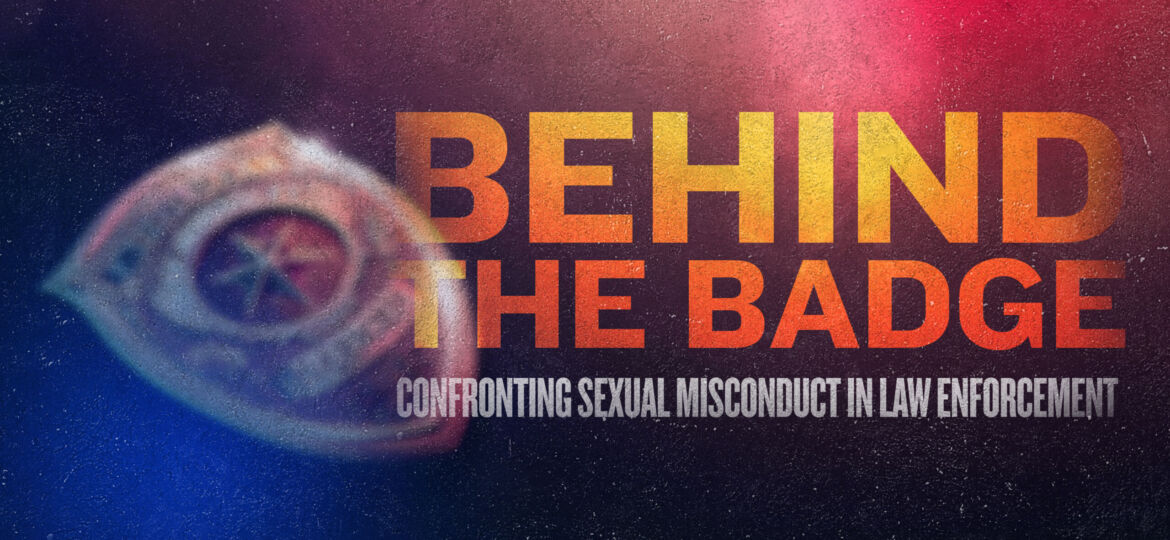In 2017, a Colorado woman checked herself into the hospital for intoxication and alcohol abuse. When the woman was caught stealing supplies from her room, hospital staff called the Westminster Police Department. The hospital agreed not to press charges as long as the responding officer drove her home safely. The woman’s blood alcohol was three times the legal limit when she was tested at the hospital.
Instead of driving her home, Westminster police officer Curtis Arganbright raped her.
After the assault, Arganbright allegedly told the victim that she “better not tell anybody about this”. When he dropped her off, Arganbright also gave the woman his business card and told her to “call him” sometime. In the ensuing criminal case, Arganbright’s lawyer blamed the victim—and her history of abuse and addiction—for the assault.
“Arganbright chose this victim because she was vulnerable.” – Trevor Moritzky, prosecutor
In 2018, in a move that upset victims’ advocates globally, Arganbright was forced from his job, required to register as a sex offender, and sentenced to only 90 days in jail.
Fortunately, the federal government/prosecutors/agents stepped in and charged the former officer with civil rights violations. In 2021, he was sentenced to six years in federal prison.
The Tragedy
The biggest tragedy about this case is not the horrific crime, violent details, or victim-blaming that the survivor and her family endured. The biggest tragedy is that the victim is one of thousands of people across the United States who have been sexually assaulted by police officers on duty.
According the Washington Post, at least “1800 state and local law enforcement officers were charged with crimes involving child sexual abuse between 2005 and 2022. These numbers do not include victims like the Colorado woman. Although there have been no numbers published, victims’ advocates believe that the number of children and adults sexually assaulted by police officers could number in the hundreds of thousands.
Sex crimes by law enforcement officers—like all sex offenses—are drastically under-reported. In addition to the regular hurdles that victims face coming forward, reporting crime by a police officer is a daunting and seemingly impossible task. Even when the crime is reported, victims believe that chances of investigation and prosecution reduce when the alleged offender is a cop.
Data is Changing the Landscape
The tide is changing, however. Data collection by the Department of Justice, The Henry A. Wallace Police Crime Database, and lawsuits by survivors of sexual assault have given judges and prosecutors the information needed to prosecute predatory cops. Civil laws are also changing, and legal rulings have shown that courts are not willing to give bad police officers “free pass.”
Sexual assault by a police officer is a crime. If you know or suspect this has happened, or if you have been victimized by an officer, an experienced trauma-informed lawyer or victims’ rights advocate can help you through the process. You are not alone.


